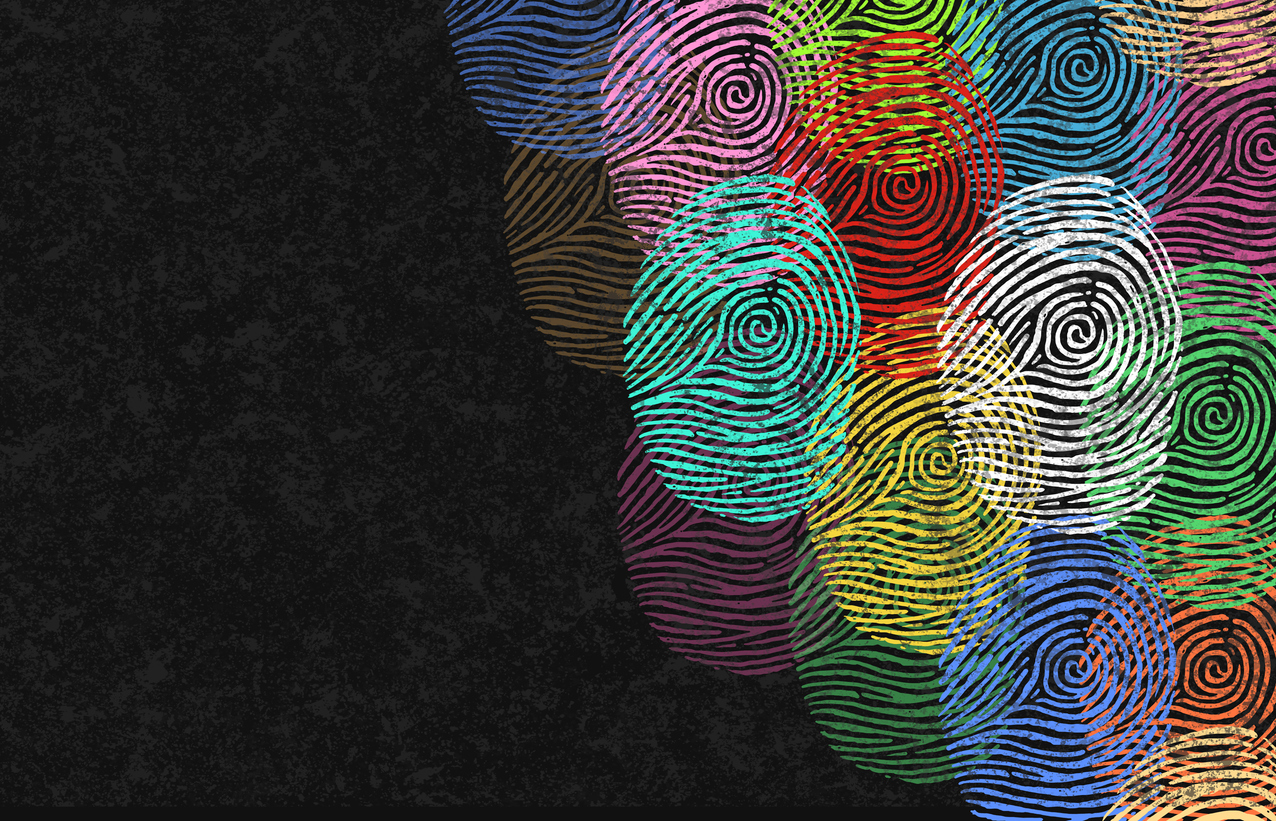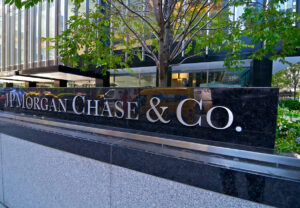The PR industry should take its own advice on diversity and inclusion
It’s time to take our own advice.

Fariba Ghazizadeh is DE&I ambassador and senior account manager at Havas Red.
As comms people, we regularly telling clients and stakeholders the importance of diversity, equity and inclusion, and why campaigns – internal and external – must prioritise diversity at their core.
But our own industry’s stats suggest we are better at comms than we are at taking our own counsel. While good progress has been made in recent years as demands for transparency and accountability have grown, the figures remain bleak, with CIPR diversity data from this February revealing that nearly 9 in 10 UK practitioners are white. Additionally, 25% are privately educated, and those with disabilities even less represented against the national average.
Against a backdrop of ever-increasing polarisation and deepened expectations for brands and businesses to “do the right thing”, it’s time the industry takes its own advice and turns the needle on diversity. The focus should shift towards embracing diversity, acknowledging its necessity and its advantages for business. This includes understanding diversity in its broadest sense — encompassing factors such as age, gender, socio-economic background, ethnicity, religion, mental health and disabilities. It’s not just a moral and cultural imperative; there are tangible benefits for businesses that prioritise inclusivity.
Death by echo chamber
“Who signed that off?”
We’ve seen enough campaign fluff ups where the first honest reaction is to question who was in the room and why nobody flagged the seemingly obvious insensitivity. But the truth is, when meeting rooms and calls are filled with people who look, appear and are from the same background, these situations are easier to come by than we’d like to think. Take H&M’s “Monkey T Shirt’”and more recently, Zara’s recent The Jacket campaign disaster as prime examples. While it’s easy to suggest that simple common sense and intelligence may have negated these PR disasters, when the profession is homogenous, that level of due diligence just cannot be taken for granted.
Whatever side you sit on in the woke and cancel culture debate,there’ no denying it’s an all-round disaster when brands miss the mark on these things. It’s not only reputationally damaging but also isolates sections of their customers. The only way of decreasing the chances of these occurrences is trusting that you have a team who can effectively interrogate briefs, ideas, challenge assumptions and uncover blind spots. For businesses, ensuring your recruitment is diverse across all levels in the business is therefore imperative.
This said, the burden of such interrogation and sense-checking shouldn’t fall on minorities or groups within the teams – every professional has a duty to educate themselves and fulfil this.
Lived experience is key in today’s meaningful comms environment
The pandemic and social justice movements such as BlackLivesMatter, #MeToo and many others have exposed the inequalities that exist within our society. As a result, we’re seeing an increasing demand for work and action from brands that is meaningful and purposeful, tackling new and “sensitive” issues. Against this backdrop, brands are looking to navigate the increasingly complex and polarised environment and speak to consumers in an authentic way.
Imperative to this is an understanding of these audiences, their challenges, perceptions, what they read, where they show up and how they respond.
When the team behind the campaign doesn’t reflect this, and there is no diversity (in its many forms) of the lived experience, it’s near impossible to speak to the intended audience and reach them effectively or authentically.
A prime example of this is the Bud Light and Dylan Mulvaney controversy: The poor decision for AB InBev to distance itself from Mulvaney once the backlash begun shows that treating diversity as something to be leveraged as a marketing tool without actual skin in the game, or people on those teams that understand and can question how these people are being treated, is a disaster for all involved – and something from which I hope all brands can learn from.
Brands need to be prepared to genuinely and authentically back the groups they are trying to progress, no matter the backlash.
Diversity as a cultural imperative
Aside from the work we do, diversity is integral for team culture and creating an environment where people genuinely want to show up and do their best work. There is no understating the value derived from teams that have unique experiences, viewpoints, and perspectives and are from all walks of life.
In a sector where creativity and innovation are paramount, fostering an inclusive environment and having representative, diverse teams is not just the right thing to do, it’s the best thing to do. Research attests to that, with studies showing diverse teams deliver 60% better results and make better decisions in 87% of cases.
Brands need to create an environment that attracts diverse talent and celebrate this diversity proactively.
It’s time to walk the walk and talk the talk
The PR industry in the UK stands at a pivotal moment where embracing diversity is not just a moral obligation but a strategic imperative. Lived experiences provide invaluable insights, diversity acts as a safeguard against unintentional biases and fostering psychological safety enhances overall creativity and innovation.
However, it’s simply not good enough to look at DE&I as a tick box or something which we recommend to clients. This time round, the PR industry needs to ensure diverse voices are heard, not just seen, and foster an equitable environment that is inclusive and set up for success. While the journey will be a long one, it’s been promising to recently see agencies taking steps in this direction – such as active recruitment and development schemes aiming at unrepresented audiences and increasing entry level start-salaries to above living wage.
The fact of the matter is a diverse PR industry is one that is better for all.






